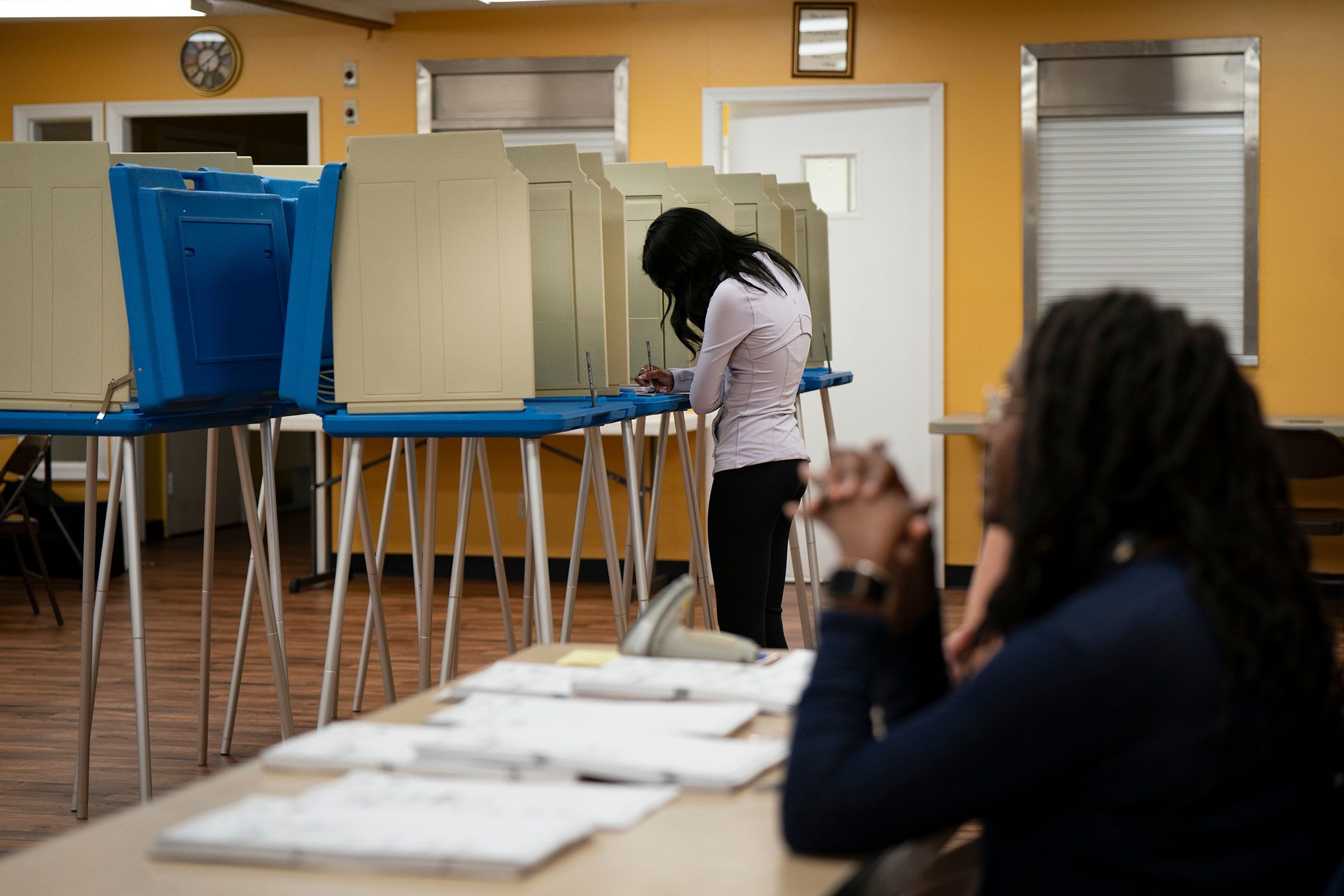In a significant ruling, a bipartisan panel of judges in North Carolina has unanimously decided that the Republican-dominated state legislature’s attempt to wrest control of state and local election boards from Democratic Governor Roy Cooper was improper. This decision could have far-reaching implications in a state that is predicted to be a crucial battleground in the upcoming presidential election.
The ruling effectively halts a part of a contentious voting law that altered the composition of these boards. The current configuration, which favors the party of the incumbent governor, will remain in place for now. The state Board of Elections, for example, currently comprises three Democrats and two Republicans.
The decision also impacts 100 county boards that supervise elections in North Carolina. The Republican leadership in the North Carolina General Assembly has yet to reveal whether they plan to challenge the decision, which could potentially be escalated to the state’s Supreme Court, now under Republican control.
The three-judge panel, consisting of two Republicans and one Democrat, unanimously agreed with Cooper that the election measure passed by Republican state lawmakers last year “violates the governor’s Constitutional duties” as the election boards perform “executive functions.” The judges further stated that the lawmakers’ actions represented “the most stark and blatant removal of appointment power from the Governor” since earlier state Supreme Court decisions that thwarted GOP legislative attempts to limit his powers.
Previous attempts by Republicans in the General Assembly to alter the composition of election boards have been dismissed by the courts and rejected by voters in a 2018 referendum. Cooper, in a statement posted on social media Tuesday, urged Republican leaders to cease their efforts to create chaos before the November elections, asserting that the state elections board “continues to uphold the highest standards of fairness.”
Lauren Horsch, a spokeswoman for state Sen. Phil Berger, the top Republican in the North Carolina Senate, countered that Cooper was attempting to maintain “complete, single-party control of elections administration” in the state. She questioned his vehement opposition to the creation of a bipartisan board of elections.
The judges had previously temporarily blocked this part of the law from taking effect. Voting rights groups had expressed concerns that the change in the boards’ composition could lead to paralyzing deadlocks on crucial decisions, such as certifying election results.
Under the proposed law, the state board would have transitioned from a five-member panel, currently controlled by Democrats, to an eight-member board, evenly split between Democrats and Republicans, with all members appointed by legislators. The law also sought to strip the governor of his appointment powers and evenly divide local boards by party.
Republican state lawmakers who advocated for the change argued that it would bring bipartisan balance to decision-making around elections. Several lawmakers accused state election officials of reaching a “collusive settlement” with Democratic litigants to extend the deadline to count absentee ballots during the 2020 election.
North Carolina, narrowly won by former President Donald Trump in 2020, is being closely watched by President Joe Biden’s advisers as a crucial part of his reelection strategy, given the state’s rapidly changing demographics. The state is also expected to host a highly competitive gubernatorial race this fall to succeed Cooper, who is term-limited.

